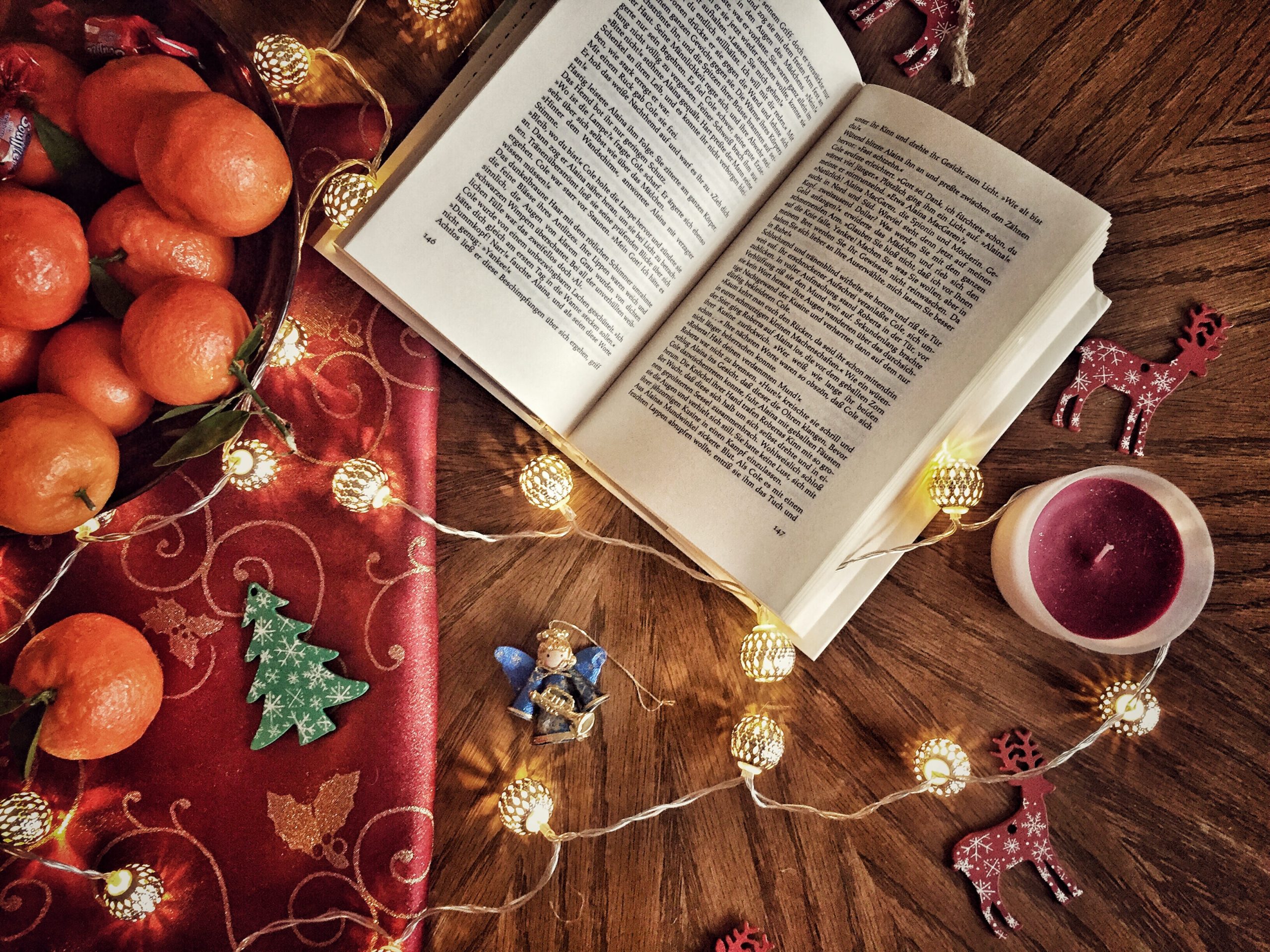In this version of twenty questions, I send a list of questions to a willing victim author and they choose their own interview by choosing which questions, and how many questions, they want to answer! Today is the release date for Sharon Kay Penman’s Lionheart ( which I am just sinking into and loving!), and I am thrilled to have her here talking about Richard Coeur de Lion and her brand of medieval fiction. Sharon was gracious enough to answer seven questions. Here is what she had to say about reading, writing and sharing her characters with other writers!
Would you give us a bit of introduction and let my readers know who you are, how you got started writing, and what kind of books you like to write?
I was born in New York City and grew up in Atlantic City in its pre-gambling days. I have a B.A. in History from the University of Texas at Austin, and in my misspent youth, I earned a J.D. degree from Rutgers School of Law. I even practiced tax and corporate law, which I considered penance for sins past, present, and future. With the publication of my first novel, The Sunne in Splendour, I was able to write full time. Lionheart is my eighth historical novel, all set in the Middle Ages. I have also written four medieval mysteries about Justin de Quincy, the queen’s man, the queen in question being Eleanor of Aquitaine, then in what I think of as her Katharine Hepburn mode; I always assume that everyone has seen The Lion in Winter! To me, writing historical fiction is the next best thing to time travel, and I feel particularly blessed to have the Angevins for source material, as they are surely one of history’s most dysfunctional families. I’d originally intended to wrap up their story with the last book in my Angevin trilogy, but they had other ideas, and so Lionheart picks up where Devil’s Brood ended.
I am often struck by the different ways writers respond to the process of writing a book. Can you share with us any routines, food or recipes or favorite books or rituals that help you through the writing process?
I am also intrigued by the different ways writers approach our craft. The lucky ones find the method that suits them the best. I don’t set regular hours for writing, as some authors do. I do a chapter at a time, surfacing for air occasionally or to feed the dogs. Then I plunge back into my research until I’m ready to begin the next chapter. I research on two levels during the course of a book. I do general research about the subject of the novel; in Lionheart, that would be the Third Crusade. I then do specific research about a particular castle, city, or battlefield. This is one reason why I walk around my hometown with a glazed look in my eyes, for I am mentally back in the twelfth century. I use music for inspiration, usually classical or medieval music. I am working now on A King’s Ransom, the sequel to Lionheart, and I have a wonderful source in the lament Richard I wrote while he was taken prisoner as he made his way home after the Third Crusade; thanks to the wonders of the Internet, it can be heard on YouTube, the title Ja NusHons Pris. It sounds quite haunting in the French or Langue d’oc versions; the English translation is more prosaic, a complaint about his ungrateful lords and vassals who have left him to languish in a German prison.
Write the question you would most like to answer in an interview and then answer it.
The question I would like to answer: What did my research for Lionheart reveal that surprised me the most? Richard Coeur de Lion was a great surprise to me, for I’d not expected to discover such a disconnect between Richard the man and Richard the myth. I was surprised to learn that he was a better king than I’d expected, that he was much more complex than I’d realized and therefore, more interesting. I knew he was almost insanely reckless with his own safety, so I was very surprised to learn that he was such a cautious battle commander, that he took such care with the lives of his men. I was surprised that he was so often ill, for that did not fit with the image of the invincible warrior king. Above all, I was surprised that he enjoyed cordial relation-ships with his Saracen foes in the Holy Land. Because he’d been one of the first to take the cross, I’d assumed he was a religious zealot. The real Richard turned out to be a pragmatist who refused to lay siege to Jerusalem because he did not believe it could be taken or held, a man who formed friendships with Saladin’s brother and some of his emirs. And I never imagined I’d find that he actually knighted some of his Saracen adversaries—in the midst of a conflict that the Christians saw as a holy war and the Muslims as a jihad!
What are you reading now? What are some of your favorite books and authors? Has writing your own book changed the way that you read?
Sadly, I have little time for pleasure reading these days. I am currently reading Elizabeth Chadwick’s Lady of the English and enjoying it very much. I usually cannot read novels about characters I’ve claimed as my own. After living with the Angevins for the past fifteen years, I find it impossible to “share” them with other writers. A sense of territorial imperative seems to kick in! So while Edith Pargeter wrote her Brothers of Gwynedd quartet years before I did my trilogy about the Welsh princes, I cannot bring myself to read her quartet—even though I think she is a wonderful writer. But I was not as emotionally invested in the Empress Maude, a major character in my novel, When Christ and His Saints Slept, so I felt able to read Lady of the English. As Elizabeth herself said, our two books do not compete with each other, but rather they complement each other. My two favorite novels are To Kill a Mockingbird and Lonesome Dove, an odd juxtaposition, I know. I have eclectic reading tastes. I enjoy historical novelists like Margaret George, Anya Seton, Elizabeth Chadwick, C.W. Gortner, and Susan Kay. I love to read mysteries and some of my favorite authors are Dana Stabenow, Harlan Coben, Elizabeth Peters, Margaret Frazer, Sharan Newman, Priscilla Royal, and David Rosenfelt. And I have recently become a fan of George R.R. Martin’s powerful Ice and Fire series. I am not usually drawn to fantasy, but his books are rooted in such a gritty, medieval-style reality that I was captured from the first page. I don’t think that my reading habits have changed because I have always been writing; I wrote my first story at age six. I just never expected to be able to make a living as a writer, for when they talk about starving artists in their garrets, they usually have a writer as a roommate.
Did you know what you wanted the title of this book to be? How involved were in choosing the name of the book?
I always knew I wanted to use the title Lionheart. While it is blatantly commercial, it is the ideal choice, for this novel deals with the Richard of legend. The sequel, A King’s Ransom, deals with the man himself. I’ve always been able to select my own titles. I thought The Sunne in Splendour was appropriate, for that was the cognizance of the Yorkist king, Edward IV, and his younger brother Richard was always in the shadow of his adored elder brother. Here Be Dragons was the only title I considered for my novel about the Welsh prince, Llywelyn and King John’s daughter; I was captivated by the imagery, for when a medieval mapmaker had drawn upon all of his geographical knowledge, he would letter over the void beyond, Here Be Dragons; it was an added bonus, of course, that the dragon was the symbol of Wales. Falls the Shadow comes from the poem by T.S. Eliot. “Between the idea and the reality, between the motion and the act, falls the shadow,” which perfectly describes a dream that was doomed from the outset. And what better title for the fatal conflict between the last Prince of Wales and the English Crown than The Reckoning? When Christ and His Saints Slept was the evocative phrase employed by a medieval chronicler to describe the suffering of the English people during the civil war between King Stephen and the Empress Maude. Time and Chance came from Ecclesiastes and to me, it defined the changing fortunes of Henry II and his queen, Eleanor of Aquitaine, who’d once believed the world was theirs for the taking. And Devil’s Brood was what their contemporaries called Henry and Eleanor’s rebellious, strong-willed sons.
How many works in progress do you have going at any one time? How do you know when one has potential and when one just needs to be scrapped?
I only work on one novel at a time. But I like to have future projects lined up, as I need to think about them long before I am ready to do the actual writing, sort of mental marinating. I always write about actual events and people who really lived, so I can mine history for promising story lines. The past is overflowing with drama, tragedy, and inspiration. But a story needs a beginning, a middle, and an end, and sometimes an episode in history is too random, too haphazard, too downright messy to be captured in fictional form. And this applies to lives, too. For years, I’d thought I would one day write about John of Gaunt. But when I began to do serious research about the man, I could find no way to tell his story that would work for me. Nor could I focus upon the most interesting aspect of his life, his long-term love affair with Katherine Swynford, the mistress he would eventually marry, for that has been told already in Anya Seton’s Katherine, and I had no desire to compete with a classic!
As a published author, what’s been the biggest surprise about life after the publication of your first book?
I did not expect to be able to make friends with so many of my readers. When letters began to come in after the publication of my first book, I sought to answer them all. But occasionally a letter would resonate more than the others and a correspondence would develop, which sometimes led to friendship. Sadly, as my career advanced, I no longer had the time to exchange letters that would eventually forge a bond, and I keenly felt the loss. But e-mails made communication so easy and Facebook opened the gate even wider, so once again I am able to make friends with people whose lives would otherwise never have crossed with mine. Thank you, Mark Zuckerberg!
And thank you, too, Nicole, for inviting me to visit with you. Your questions were very interesting and imaginative; it was fun to be able to veer off the beaten path into less traveled territory.



